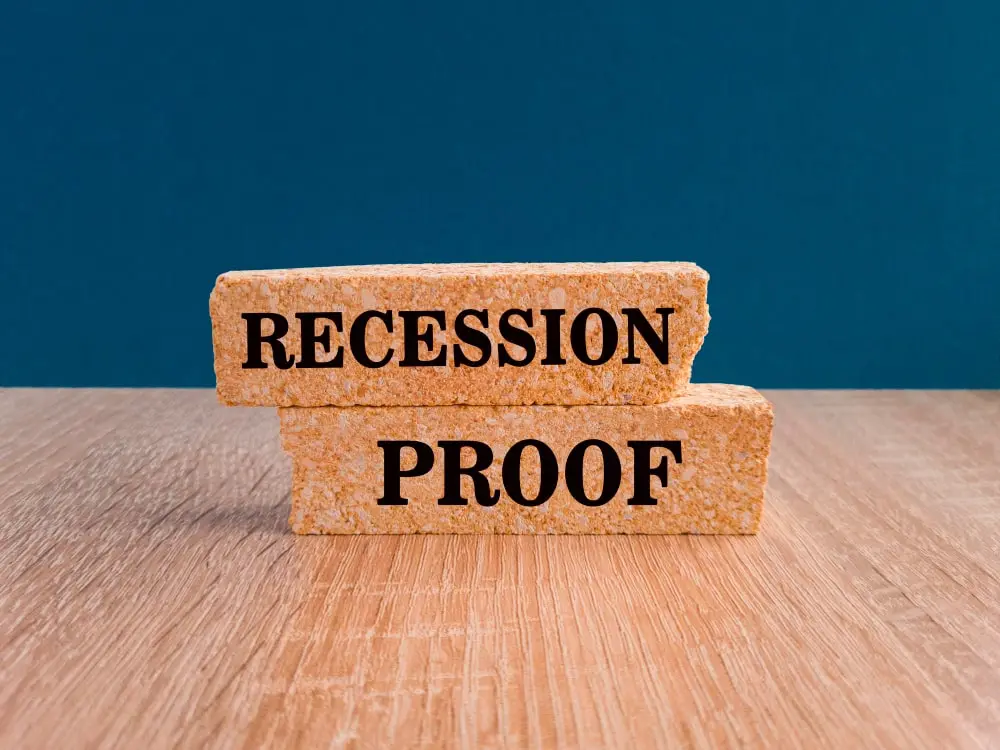In today’s quest for wealth, it’s not just about growing money effortlessly. Real estate debt funds have become increasingly important in non-traditional lending. They play a significant role in real estate investments, offering crucial support.
These funds cater to commercial real estate financing needs by providing short-term capital for various projects. Understanding the different types of debt investments and financing options is key to success in this niche.
Real estate debt funds gather funds from investors looking for fixed-income opportunities. Knowing the ins and outs of real estate investing and debt investments separately is crucial for effective utilization. Think of debt funds as the real estate equivalent of bonds. They aim to link borrowers with short-term capital for large-scale ventures like malls and housing complexes.
What Is A Real Estate Debt Fund?
Real estate debt funds are a pool of passive cash flow backed by private equity. It aims to lend to a prospective real estate buyer or owner of real estate assets. The primary role of real estate debt funds is that they fulfil the lending gaps left by banks and other traditional financial institutions.
They are an extremely important viable option for borrowers with complex financial situations or others with problems such as a lack of a credit card. These funds cater to commercial real estate borrowers.
Loans like bridge loans or lease-up financing, construction loans, property rehabilitation, and redevelopment loans are common types of loans provided by real estate debt funds. The rise of these funds and investing in real estate notes first gained importance during the 2008 housing crisis. The traditional lenders suffered significant issues regarding liquidity, commercial real estate drying up, and private lenders, which included real estate debt funds.
How do Real Estate Debt Funds Generate Income?
Real Estate debt funds are said to generate their primary income through the interest charged on the capital loaned. If, in any case, the borrower defaults, the fund can acquire the title to the collateral underlying the loan. It also provides an additional income source.
We can see that the interest rates these funds charge often start at around 9% or even higher, depending upon market conditions during that period. Besides interest, we can say that these funds also charge other fees, including due diligence, origination, servicing, draw modifications, extension, or exit fees.
Loan amounts differ and can be offered by real estate debt funds ranging from $5 million to $150 million or sometimes more. There are short-term loans, usually between 1 and 3 years. One of the most popular and appealing features of real estate debt funds is that they can quickly provide capital. The streamlined processes allow them to meet the needs of businesses requiring fast capital, which secures their funding in crucial times.
These funds can find ample opportunities during volatility and economic uncertainty in market conditions or market disruptions. It is due to the tightening of liquidity, which leads banks and other traditional lenders to scale back their lending activities. Investing in real estate debt funds also provides investors an opportunity for diversification.
These funds are said to invest capital across various projects, and the failure of anyone can lead to an overall significant impact. The senior position of these real estate debt funds in the capital stack offers added security.
Different Examples of Real Estate Debt Funds
Real Estate Debt Funds offer tailored solutions in commercial financing and debt investments and stand as valuable financing options for commercial real estate investors. They bring flexibility, speed, diversification, and the potential for high returns.
Managers of these funds meticulously evaluate and select investment opportunities based on risk, return potential, and various other factors, which may vary from one fund to another. Investors, however, seek benchmarks or tools to gauge the performance of these funds. In the US, efforts are underway to establish an indicator for tracking relative performance among members. This becomes crucial in understanding how these funds navigate diverse market conditions and their potential role in investor portfolios.
Let’s explore some examples of prominent real estate debt funds that have made a mark in this landscape:
- Blackstone Mortgage Trust: Renowned as one of the largest real estate debt funds, it specializes in providing assured returns in real estate. Focused on originating and acquiring senior mortgage loans on commercial properties, it boasts a diversified portfolio spanning office buildings, hotels, and retail properties. Targeting high-quality assets in major markets, it aims to generate stable income for its investors.
- Starwood Property Trust: Another significant player in real estate debt funds, Starwood specializes in commercial mortgage lending. With a focus on high-quality assets in prime locations, it has maintained a track record of adjusted risk and returns for its investors. It continues to be a reliable option, offering various financing solutions, including mortgages and preferred equity loans.
- TIAA Real Estate Account: This fund, hailing from a lending financial service organization, predominantly invests in a diversified portfolio of commercial mortgage loans. It stands as a solid option in this arena with a similar focus on high-quality assets and a commitment to providing stable income and potential capital appreciation.
These real estate debt funds exemplify the essence of this niche market. This caters to various investor needs. This aims to navigate the dynamic landscape of commercial real estate financing, making it essential to keep track of the performances of real estate debt funds.
Tracking Real Estate Debt Fund’s Performances
Recent developments in real estate have spotlighted the emergence of Real Estate Debt Funds. Investors seek benchmarks or tools to gauge the performance of these funds. In the US, efforts are underway to establish an indicator for tracking relative performance among members. Various market conditions could influence the trajectory of Real Estate Debt Funds. Only time and evolving conditions will determine if these funds will play a substantial role in investors’ portfolios by addressing gaps in the market.
Conclusion
Real Estate Debt Funds, as we have seen, offer tailored solutions in commercial financing and debt investments. These funds are a valuable financing option for commercial real estate investors, offering flexibility, speed, diversification, and high returns.
Real estate debt fund managers evaluate and select investment opportunities based on risk, return potential, and various other factors that are to be kept in mind, as they may vary. Any investment decision requires thorough research and due diligence, especially when considering real estate debt funds and their ventures.
Discover the potential of Real Estate Debt Funds with Munshi Capital. Gain insights into their role in commercial real estate financing and how they can enhance your investment portfolio. Visit Munshi Capital to learn more about these powerful investment tools and start optimizing your commercial real estate strategies today.





